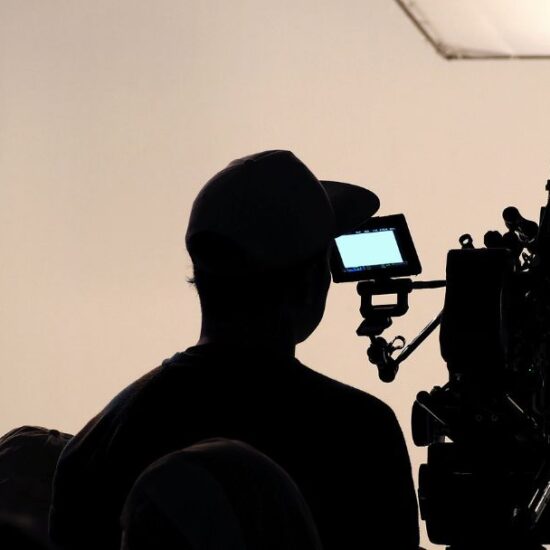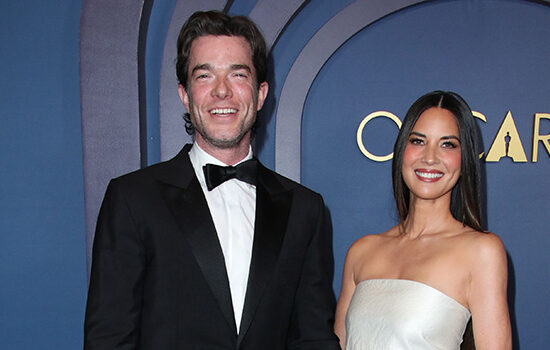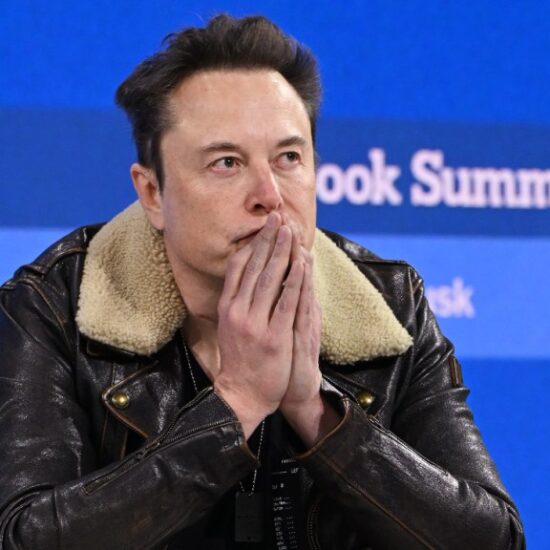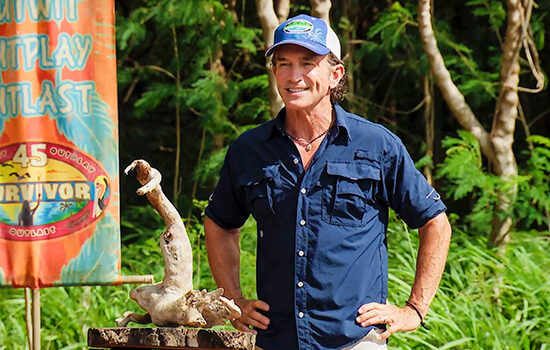
There are few television brands more iconic than Sesame Street.
The long-running children’s TV show, which debuted in 1969 and is produced by Sesame Workshop, will debut its 53rd season on HBO Max Nov. 3. But the season will also reflect reverberations from 2020, both in response to learning loss and issues of emotional well-being brought on by the COVID-19 pandemic, and from the George Floyd protests, where issues of inequality and racism were brought to the forefront.
But the season also comes a moment of change for Sesame Workshop itself, as it adapts to a changing media environment, and with its streaming partner for Sesame Street HBO Max rethinking its investment in kids and family fare.
“In a fragmented world, you know, quality helps people break through the clutter, and we focus on doing what we do, innovating and staying relevant,” Sesame Workshop CEO Steve Youngwood tells The Hollywood Reporter in an Interview.
Youngwood was named CEO of Sesame Workshop in Oct. 2020, as the impact from the Floyd protests were still being felt, and with concerns over COVID and education on the top of minds.
And so Sesame Street’s 53rd season will see it lean into the notion of “identity and belonging.”
“We’re an educational media organization, we entertain in order to educate,” Youngwood says. “And so the top of the funnel is it has to be fun, it has to be joyful, and it has to be engaging, but we do it in order to educate.”
“That’s always been in our DNA and after the events in 2020 — not just COVID but really more importantly, George Floyd and the conversations that it started — it made us say, you know, we’ve always been about this, but the world is in a slightly different place and the conversations that we have to have [needed to adapt], and we got a bit more pointed,” he added.
Sesame Street responded with special episodes focusing on those topical issues, and hosted CNN town halls that could be viewed by the entire family where they could be addressed. Now, the organization is taking it a step further, weaving the lessons it learned from those specials into episodes throughout the season.
“We learned that in the moment, that pointedness was right, but here, we’re going to have a broader impact and really prepare children for the diverse world that they live in,” Youngwood says. “It starts with making them feel good about themselves, and getting them to respect others. And that sort of brings the joy.”
But Sesame Street will not be forgoing the “foundational skills” kids need to grow up, be it language, math, or other critical subjects. Youngwood says that COVID-induced learning gaps made those issues all the more important to tackle. And in the spring of 2023 “you’re going to see us prioritize beginning next year, emotional health and wellbeing, you know, again, always an issue, but one elevated by COVID,” he adds.
Sesame Street’s renewed focus on identity comes as Sesame Workshop is in the midst of redefining itself, not only through the content it creates, but also through the platforms it produces for.
The organization may have been born through a single TV show airing on a public broadcast network, but it now produces content for a wide range of sources, including, yes, PBS and HBO Max, where the flagship program airs and streams, but also YouTube, where the next generation of families often turns first for kids content, and for WhatsApp, in parts of the world where the Meta-owned messaging app is the dominant form of communication.
“The world changes pretty quickly and we are trying constantly always to evolve,” Youngwood says. “It’s both the reality of the world that keeps me up at night, but it also energizes me because it’s both a necessity and an opportunity.”
“We’re trying to identify the issues most important to kids and families. And then create content on multiple touch points,” Youngwood adds. “Because if you’re going to have impact at scale, that’s what you need to do. And the show is the mass one at the top of the funnel, one to many, but then we do one to few with YouTube and then we do even more of a one to one with much more targeted work into schools or with community service providers.”
And that means developing content, or reworking existing content, to be relevant, fresh, and natural to whatever platform it runs on.
“The way we look at it, it’s pretty simple. Where are the audiences, and how do we reach them?” he says. “And sometimes it can be the same content on multiple platforms, but sometimes it has to be, it should be different.”
It’s about “helping to make Sesame Street more than just the show,” Youngwood says. “And then actually making Sesame Workshop more than just Sesame Street because in this fragmented world, if you’re going to reach kids and engage kids and families you need multiple things.”
It’s a strategy to could prove its value in 2025, when Sesame Workshop’s current deal with HBO Max to stream Sesame Street is set to end. HBO and HBO Max have been the home for new episodes of the program since 2016 (they air on PBS about a year later), but under new corporate owners Warner Bros. Discovery, HBO Max has been cutting back on its kids and family programming.
In addition to canceling some original programming, HBO Max also removed about 200 library episodes of Sesame Street, part of larger cost-saving measures at the company. With WBD rethinking its investment in kids and family fare, it begs the question whether the HBO Max deal will continue.
“We are constantly thinking of it,” Youngwood says. “We have had a great history with HBO Max, and you know, it would be great if that continues in some forms. They have to figure out their strategy.”
“But you know, we were launch partners with Apple, we have stuff going on with Netflix, we have stuff going on with NBC, we have stuff going on with other people,” he adds.
In other words, even if Sesame Street does find a new home, it’s about ensuring that Sesame Workshop remains relevant and critical to families everywhere.
“As an organization, we need multiple touch points. And that’s really important to expand the content that we have,” Youngwood says. “We keep seeing how the market evolves and who we think the best partners will be, and get to know those partners in different ways.”
“Then, you know, I think the future will take care of itself.”













